Global Peace Index Places Kenya Among Least Peaceful Nations
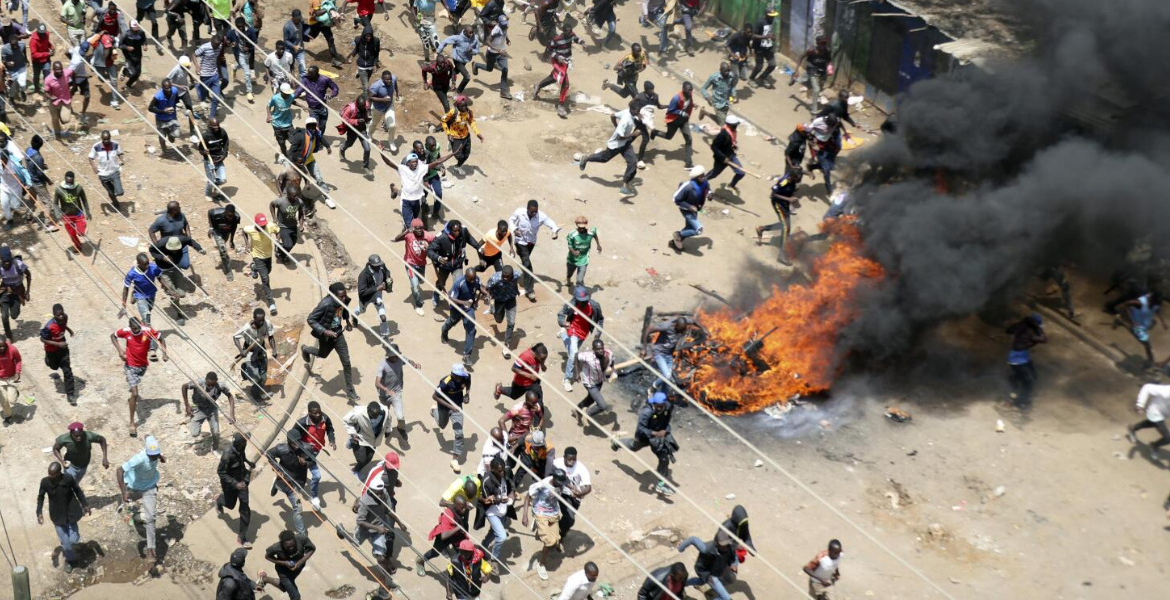
Kenya is facing escalating internal strife, according to the latest Global Peace Index, which ranks the nation at 127 out of 163 countries.
This marks a significant deterioration in national stability, with the country's peace score falling to 2.292, reflecting heightened unrest and socio-political strain. The annual assessment, released recently, documents a sixth consecutive year of decline in global peacefulness, underlining escalating tensions worldwide.
The most immediate trigger for Kenya’s downward trajectory was a surge in violent demonstrations. The most prominent incident occurred on 7 July, when clashes between protestors and police resulted in at least 40 deaths and hundreds of injuries. These events prompted widespread concern within diplomatic circles, and foreign envoys continue to call for constructive dialogue between the Kenyan government and its citizens as an urgent necessity.
The emphasis remains on finding a sustainable resolution to prevent further violence and protect democratic expression. Regionally, Kenya lags behind its East African neighbours in terms of stability. Tanzania leads the region, securing 73rd position globally with a peace index score of 1.965. Rwanda, Uganda, and Djibouti occupy positions 91, 113, and 122, respectively, all performing better than Kenya.
This contrast underscores Kenya’s relative fragility, particularly considering its proximity to nations experiencing protracted conflict, such as Eritrea, Burundi, and Ethiopia, which are ranked lower but remain dangerously close in terms of overall peacefulness. Within the broader Sub-Saharan African context, Mauritius maintains its status as the region's most peaceful country. Kenya, however, ranks 31st out of 44 countries—a sobering position that places it just above nations grappling with chronic instability, including Somalia, South Sudan, and the Democratic Republic of the Congo (DRC).
The DRC is currently positioned at the bottom of the global index, reflecting the extensive insecurity engulfing parts of the continent. Globally, the report presents a bleak picture. There are currently 59 active State-based conflicts, the highest number recorded since the end of World War II. Iceland remains the world's most peaceful nation for the 17th consecutive year, while Russia has reached a new low, being ranked the least peaceful country for the first time since the index began.
Amid these challenging assessments, President William Ruto maintains a firm stance, continually expressing his belief in development through unity and stability. While commissioning the rehabilitated Bridge Savannah–Stage 17–Masimba Road in Nairobi, Ruto dismissed what he described as “ethnic politics and chaos,” emphasising that national progress is dependent on peace.
“We have no time for violence, chaos, and ethnicity. We want to build our country,” he said, challenging opposition leaders to present concrete economic plans instead of inciting unrest.
A central theme of Ruto’s message concerns the plight of Kenya’s youth, many of whom remain unemployed and disenfranchised. He argues that meaningful employment and economic opportunity cannot thrive in an environment of disorder.
“Young people cannot get jobs if there is chaos,” he said. “They cannot get jobs if there is violence. We need peace to plan the development of our country.”
Two days after the commissioning, during an address at the State House in Nairobi, the President reaffirmed his commitment to transformational governance. He dismissed critics, maintaining that the country's development trajectory remains intact and irreversible.
“My commitment to the transformation of this country is not reversible,” Ruto declared, commending professionals in the built environment for their contributions to national progress.

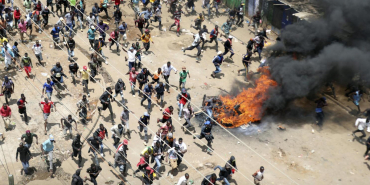
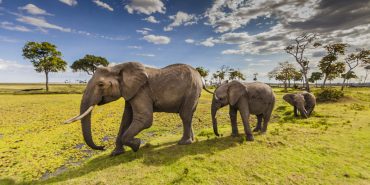
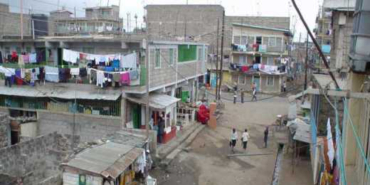



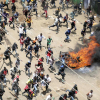
Add new comment